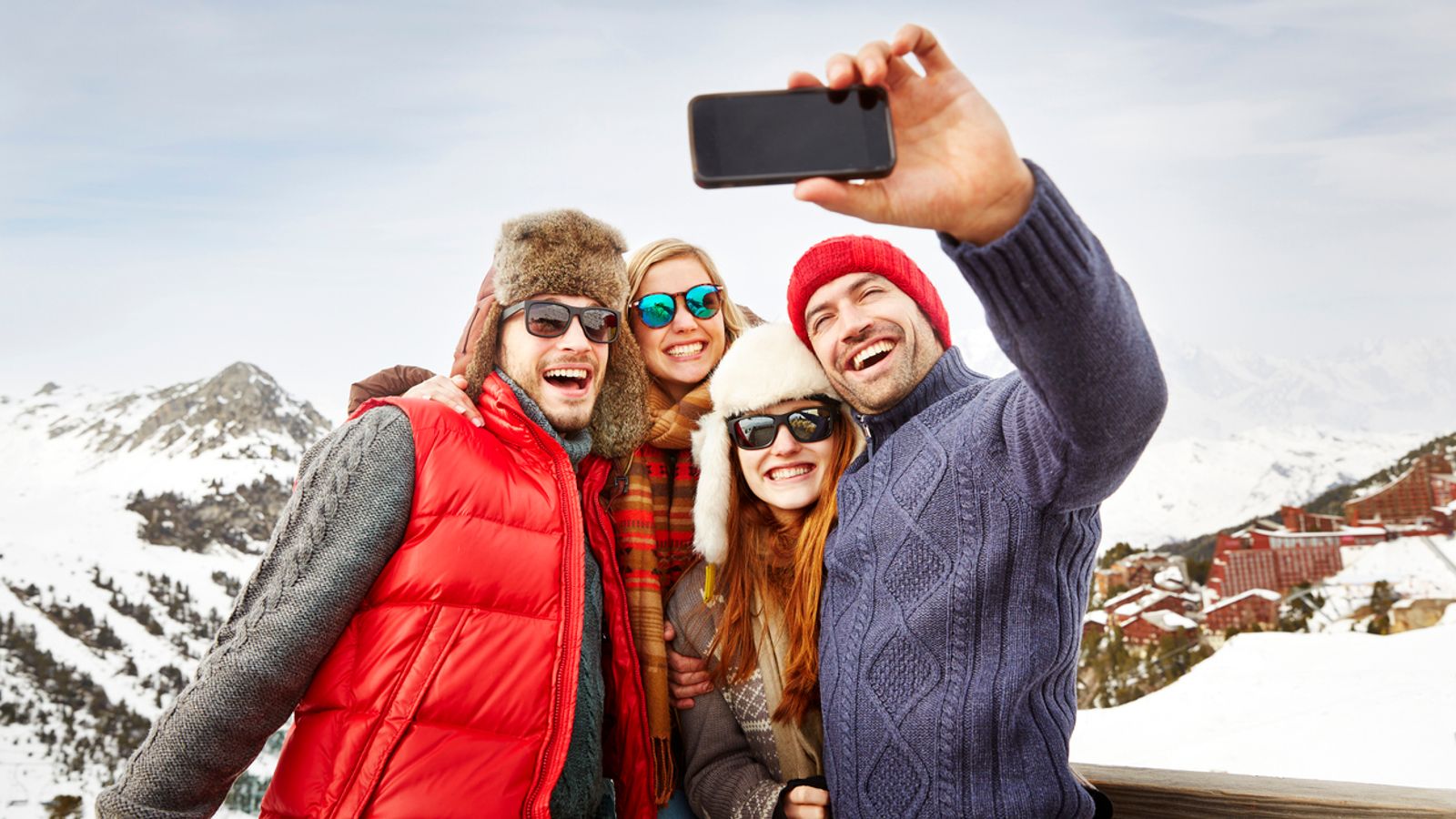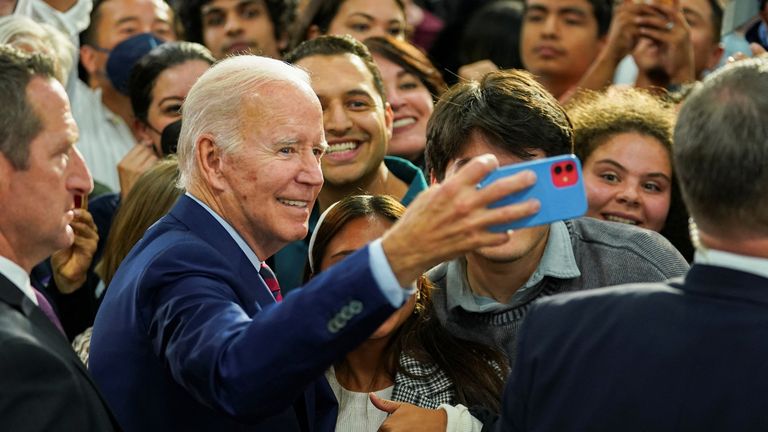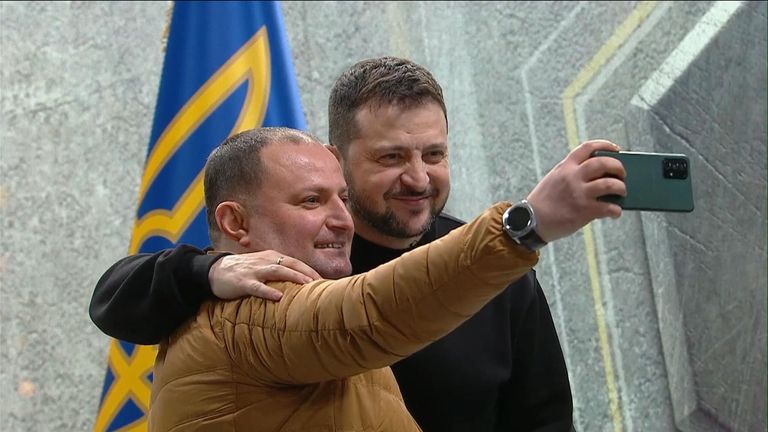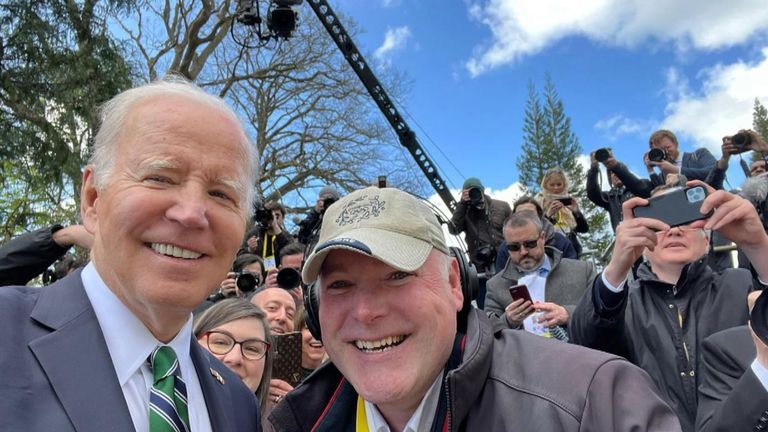When the world’s first photographic self-portrait was taken nearly 200 years ago by the pioneering American Robert Cornelius, the selfie was born.
Now, millions of are taken every day and uploaded to social media sites such as Instagram, where audience engagement through clicks, likes and comments are assumed to be the snapper’s motivation.
But researchers at Ohio State University now say those taking their own photographs are not necessarily doing so out of vanity – but because selfies capture the “bigger meaning of a moment”.
Meanwhile, first-person photos where we see the scene as if from one’s own eyes, best represent the physical experience of that moment. One example of this is a photo of an ocean representing a beautiful day.
The study, published in the Social Psychological and Personality Science journal, goes against the popular view that selfies are just for self-promotion.
Co-author and professor of psychology at Ohio State, Lisa Libby, said: “These photos with you in it can document the bigger meaning of a moment. It doesn’t have to be vanity.”
In one of the six studies conducted to come to this conclusion, participants were asked to read a scenario where a photo could be taken, like a day out at the beach with a friend, and then rate the importance and meaningfulness of the experience.
It was found the higher the participants rated the meaning of the event to them, the more likely they said they would be to take a selfie.
In another experiment, participants opened their recent Instagram posts featuring one of their photos. They were asked if that photo was them trying to capture the bigger meaning or the physical experience of the moment.
Afterwards, they rated how they felt about the photo on a negative to positive scale.
Read more:
First US state passes law to require parental consent for under-18s using social media
Three dietary factors most to blame for the increase in type 2 diabetes
Professor Libby said: “We found that people didn’t like their photo as much if there was a mismatch between the photo perspective and their goal in taking the photo.”
For example, if they said their goal was to capture the event’s meaning, they liked the photo more if it was taken in third person, with themselves in the image.
Lead author of the research, Zachary Niese, said: “We found that people have a natural intuition about which perspective to take to capture what they want out of the photo.
“I hope this study increases people’s knowledge about how photo perspective affects how they react to photos. That way they can make sure they consciously choose the perspective that will meet their goal.”



